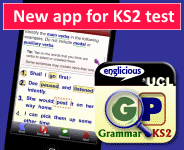Speech transcripts
This lesson invites students to explore a real transcript of natural conversational speech, like those used by linguists who analyse all aspects of language.
Goals
- Explore a transcript of natural speech.
- Identify attributes of natural speech.
- Compare natural speech to written language.
Lesson Plan
The teacher explains that today, we will explore features of real spoken language.


